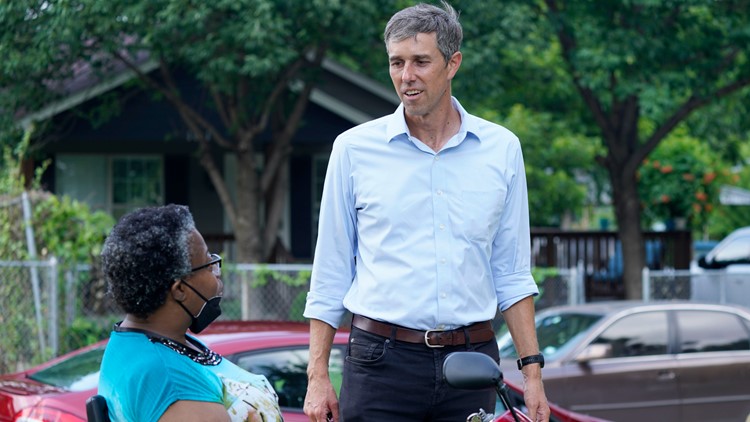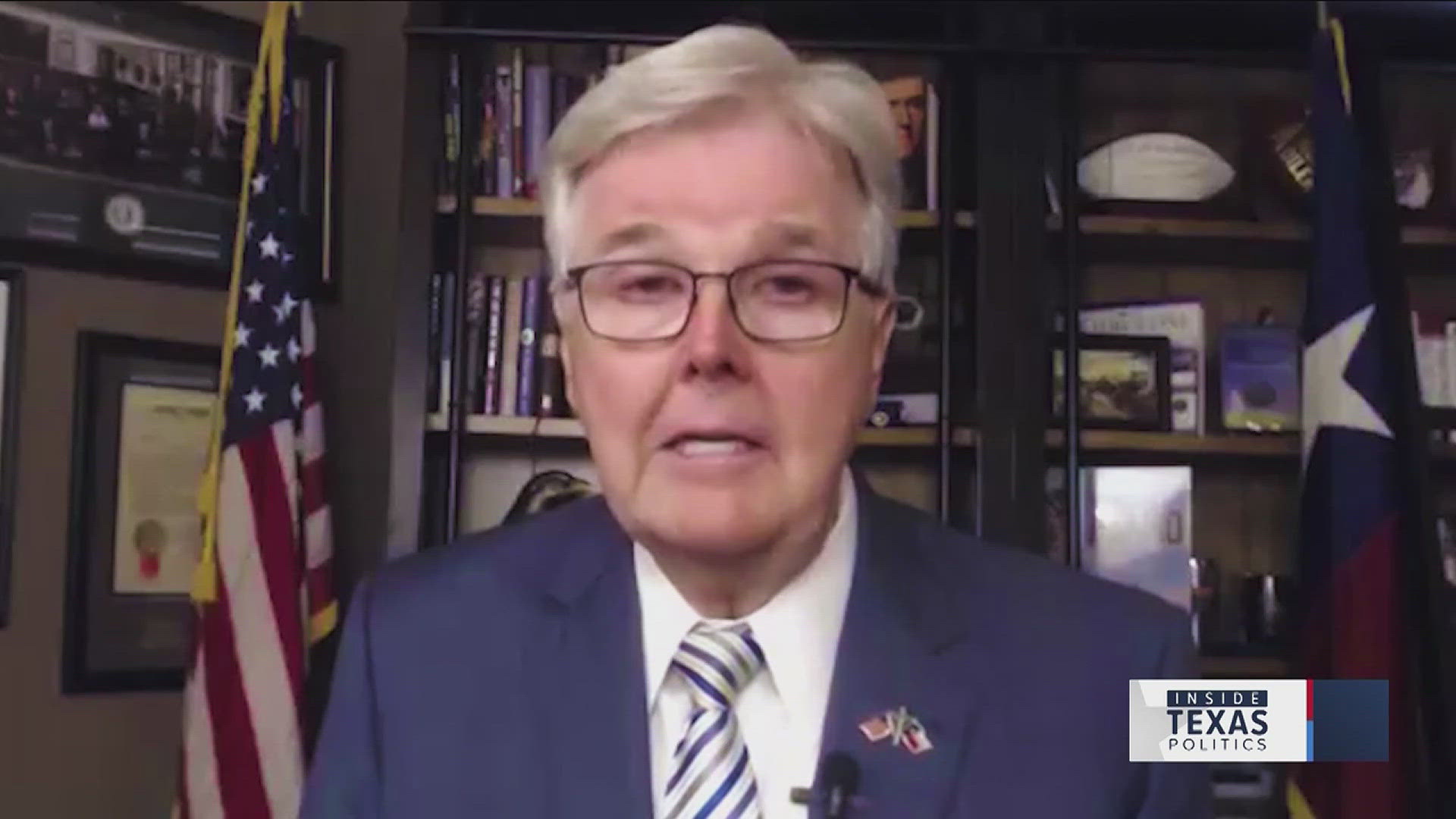DALLAS — Former congressman Beto O’Rourke led dozens of people on a four-day march this morning to the state capital to protest against a Republican bill that would change how and when Texans vote.
“You know tweeting and posting on Facebook and picking up the phone and calling your Senator – there's a time and place for that, but history tells us that the way that we really get change ultimately is by taking direct action taking to the streets, marching to our capitals peacefully and non-violently and encouraging every American be a Republican or Democrat or independent to join us in in this cause,” O’Rourke told WFAA. “That's how you got the Civil Rights Act of ‘64, the Voting Rights Act of ’65, and if we do this march in Texas, and if it's complemented by other actions across the country, it's how we're going to get the For The People Act of 2021.”
If passed, the For the People Act of 2021 would expand voting rights, ensure equal access to early voting and mail-in voting, provide for automatic voter registration, make election day a national holiday, and eliminate partisan gerrymandering, among other things.
The Democratic-controlled U.S. House of Representatives passed that legislation, but it is now stuck in the U.S. Senate where Democrat Joe Manchin from West Virginia refuses to support eliminating the filibuster so the bill could pass on a simple majority vote. Republicans have eliminated the filibuster to pass their own priorities when they had a majority in that chamber.
O’Rourke, Rev. Dr. William J. Barber from the Poor People’s Campaign and Dr. Frederick Haynes from Dallas’ Friendship-West Baptist Church departed Christ Lutheran Church in Georgetown this morning on a “Selma to Montgomery”-style march. Several dozen people joined them walking along the feeder roads for Interstate 35.
Over four days, the group will walk about 30-miles to the state capital. Their march culminates in a rally on the steps of the state capitol on Saturday and comes almost 56 years after President Lyndon Baines Johnson, also a Texan, signed the Voting Rights Act into law in August 1965.
“The marches, the direct actions, the pressure that finally produced from President Johnson, our fellow Texan, the voting rights act of that year, that really created a multi-racial democracy in America, those are the stakes and that's why we're marching in Texas.” O’Rourke explained. “It looked like a long shot, then, and they were able to get it done, it certainly looks like a long shot today.”
Republican-controlled state legislatures across the country have spent this year changing voting laws in response to the false claim by former president Donald Trump that widespread fraud occurred in the November 2020 election.
In Texas, Republicans tried to pass a bill that would change how and when Texans vote, but House Democrats walked out of the chamber and broke quorum in the final hours of the regular session and killed the legislation.
Gov. Greg Abbott (R-Texas) called a special legislative session this month for lawmakers to again consider changes to voting laws, but House Democrats broke quorum again by flying to Washington, D.C. and urging federal lawmakers to act.
Texas Republicans say their bill will streamline voting procedures for counties with more than 100,000 population. The most populated counties in the state, though, mostly vote Democratic.



